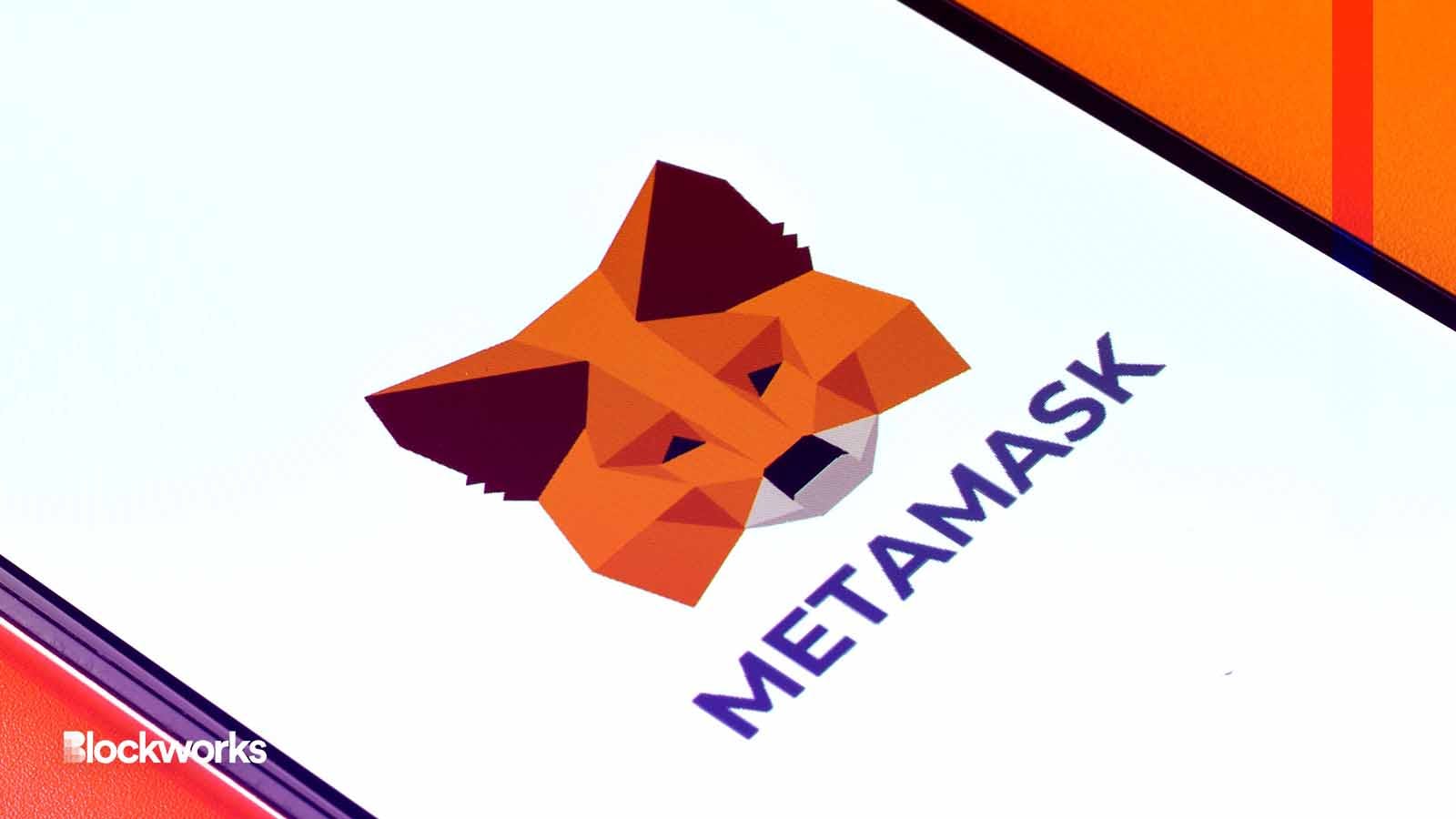Joel Dietz has no connection to MetaMask despite lawsuit, Consensys says
Joel Dietz was allegedly working with Aaron Davis on Vapor, a browser-based crypto wallet, back in 2015

sdx15/Shutterstock modified by Blockworks
In a new lawsuit filed Tuesday, Joel Dietz is accusing Consensys of concealing his role in the creation of MetaMask.
The lawsuit claims Dietz was not given proper credit for his contribution to the development of MetaMask. He alleges that Aaron Davis, one of the founders of MetaMask, was actually working together with Dietz on a browser-based crypto wallet that was dubbed Vapor back in 2014.
Vitalik Buterin was behind Vapor, the suit claims, after Dietz brought the idea up to Buterin. He also suggested that Dietz make a formal request to the Ethereum Foundation.
“The understanding was that the grant size would be $30,000, as that was the appropriate amount for work proposed in the pitch for initial software development,” the lawsuit says.
However, in 2015, Davis “stopped updating the other two partners on his progress, seemingly because of the suspension of the project.”
However, according to the lawsuit, Davis continued to work on the project and eventually rebranded it as MetaMask.
Prior to the stall out in 2015, the team reportedly managed to develop a functional prototype. However, they encountered issues as third-party funding failed to materialize. It was at this point that Davis allegedly stopped communicating with Dietz.
Dietz currently serves as a metaverse adviser at Digital Dubai and is a founding board member at OMA3, according to his LinkedIn. He also serves as a Connection Science Fellow at MIT, with a focus on “research on fueling innovation with decentralized networks.”
According to a July blog post posted last year, Davis met Dan Finlay in 2013, and created MetaMask in 2016.
There is no mention of Vapor or Dietz in the 2022 blog post.
Davis “was interested in crowdfunding a project on Ethereum and worked backwards from there. He spent a while making a sophisticated account manager that was like a browser within a browser, and then, [Finlay] came in.”
Though the lawsuit claims that the timeline doesn’t add up.
“Davis would have had to ‘conjure up’ the idea for MetaMask during the time when he was actively working on the Vapor project alongside Dietz and Becze—the same time period during which he informed Dietz that he had coworkers at Apple who would be interested in joining the Vapor project,” it said.
A Consensys spokesperson told Blockworks: “Joel Dietz is an individual we understand to have been falsely marketing himself as the founder of MetaMask in an attempt to sell tokens or gain investment from unsuspecting investors globally. Joel Dietz is not a founder of MetaMask, has no relation to MetaMask or any of its technology and we look forward to the court promptly disposing of these frivolous claims.”
Dietz claims that the lack of acknowledgment from Davis “damaged Dietz in that Dietz was not given any opportunity to exercise his ownership rights over the browser-based cryptocurrency wallet that he and Davis had developed.”
“I’m confident that the case will show the substantial evidence that proves my role as a founding partner of MetaMask, and I know several colleagues in our community will verify that,” Dietz said in a statement to Blockworks.
Get the news in your inbox. Explore Blockworks newsletters:
- The Breakdown: Decoding crypto and the markets. Daily.
- 0xResearch: Alpha in your inbox. Think like an analyst.






